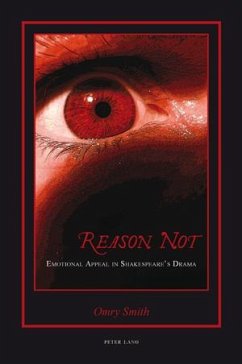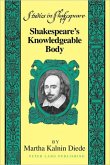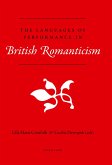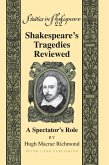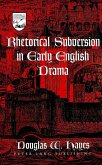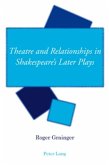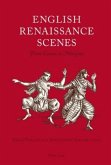This theoretical study guides the reader through some of Shakespeare's most emotionally turbulent dramatic worlds, offering a close examination of the fascinating emotional rhetoric employed by several key characters. These characters manipulate others - and sometimes even themselves - using a device broadly known in the terminology of rhetoric as 'emotional appeal'. Although Shakespeare displays immense interest in the human passions and makes frequent use of the tools of classical rhetoric, this study presents the first systematic inquiry into the emotional component of rhetoric in his drama.
The book also offers the reader a broad perspective on Shakespearean drama by highlighting diverse characters who embody the human tendency to worship reason and rationalise reality. In contrast to those 'emotionally intelligent' characters who acknowledge the crucial power of emotion in life and their inability to neutralise it, other characters deny this reality. Ironically, it is precisely those who deny emotion and obsessively seek rationality that eventually fall victim to their own intense passion, in some cases in response to emotional appeals from others.
The book also offers the reader a broad perspective on Shakespearean drama by highlighting diverse characters who embody the human tendency to worship reason and rationalise reality. In contrast to those 'emotionally intelligent' characters who acknowledge the crucial power of emotion in life and their inability to neutralise it, other characters deny this reality. Ironically, it is precisely those who deny emotion and obsessively seek rationality that eventually fall victim to their own intense passion, in some cases in response to emotional appeals from others.

